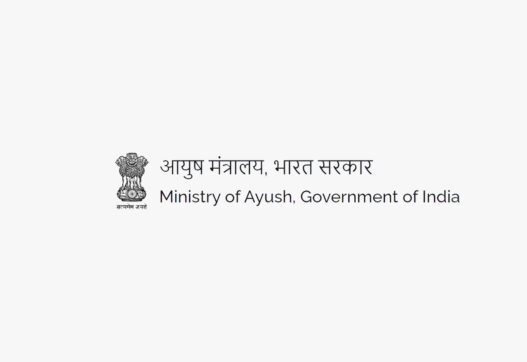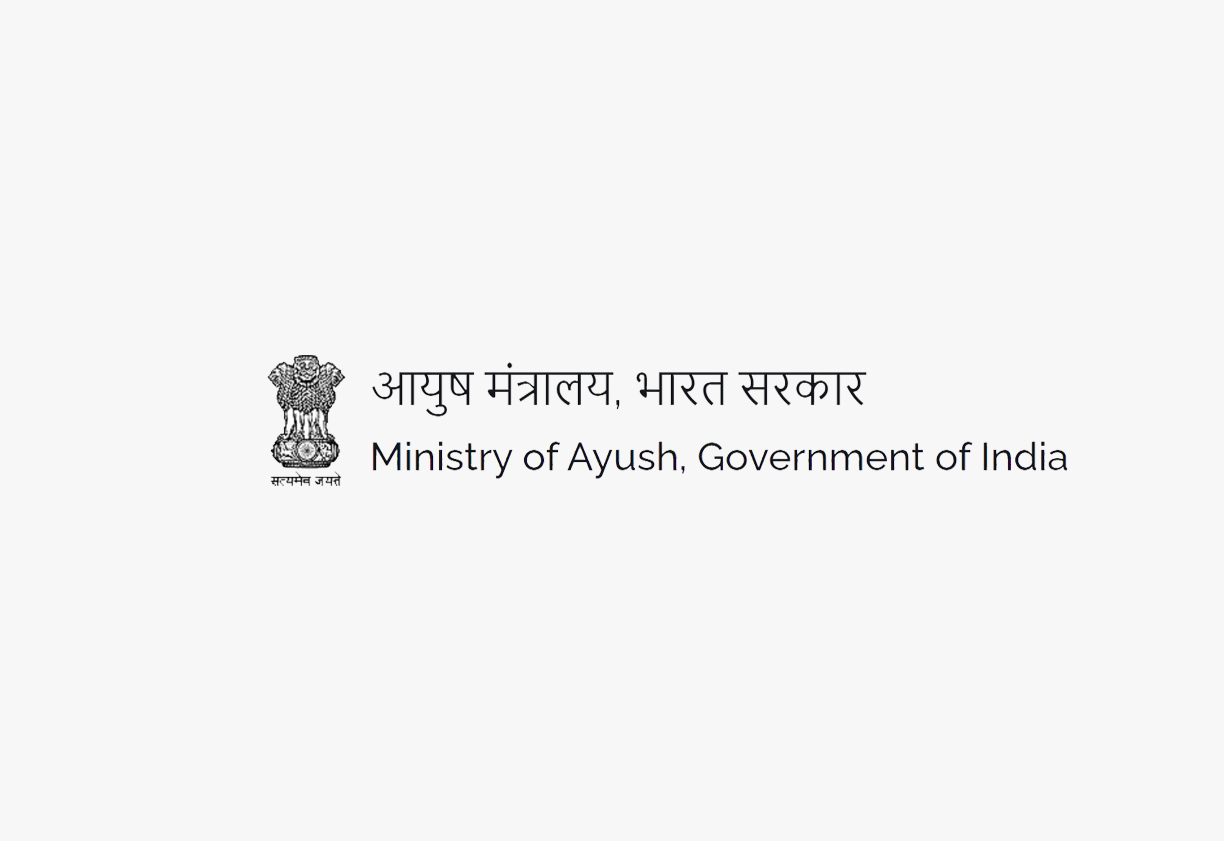Ministry of AYUSH
The Institute of Teaching and Research in Ayurveda Act, 2020, is a significant piece of legislation aimed at establishing a high-quality institution for Ayurveda. This Act declares the Institute of Teaching and Research in Ayurveda as an institution of national importance. It focuses on promoting excellence in education, research, and training in Ayurveda and allied disciplines. The Act also seeks to integrate modern scientific advances with traditional Ayurvedic practices, ensuring the holistic development of the field.
1: Act Background and Ministry
The Institute of Teaching and Research in Ayurveda Act, 2020, was enacted to consolidate and elevate existing institutions into a single, premier institute for Ayurveda. The Act aims to enhance the quality of education, research, and training in Ayurveda, thereby promoting its scientific validation and wider acceptance. The Ministry of AYUSH (Ayurveda, Yoga & Naturopathy, Unani, Siddha, and Homoeopathy) is the nodal ministry overseeing this Act, reflecting its commitment to the development and promotion of traditional Indian medical systems. This Ministry plays a crucial role in formulating policies, implementing the act, and ensuring the institute’s growth and development.
2: Enactment Date, Number of Chapters, and Sections:
The Act was enacted on September 21, 2020, and is officially known as Act No. 16 of 2020.
-
The Act is divided into two chapters that address various aspects of the Institute and its functioning.
-
It includes a total of 31 sections, which outline the establishment, powers, functions, and governance of the Institute.
-
These sections cover definitions, the composition of the Institute, its financial matters, and other miscellaneous provisions.
3: Act Governed By:
The Act is primarily governed by the following bodies:
-
The Institute of Teaching and Research in Ayurveda: Established under Section 4, this is the main body responsible for overseeing all aspects of the institute’s functioning.
-
The Governing Body: Constituted under Section 10, this is the executive committee of the Institute, responsible for its management and operations.
-
The President of the Institute: Appointed by the Central Government, the President chairs the Governing Body and plays a key role in the Institute’s administration.
-
The Director of the Institute: Appointed by the Institute, the Director serves as the chief executive officer and is responsible for the day-to-day operations.
4: On Whom It Is Applicable:
The Act applies to:
-
The Institute of Teaching and Research in Ayurveda.
-
All faculty, staff, and students of the Institute.
-
The Governing Body and other committees of the Institute.
-
Institutions and organizations affiliated with the Institute.
-
All individuals and organizations involved in the teaching, research, and practice of Ayurveda.
5: Penalties/Punishments:
The Act does not explicitly specify penalties or punishments for non-compliance. However, it empowers the Institute to take disciplinary actions against its staff and students for misconduct or violation of regulations. The Act also provides for the Central Government to issue directions to the Institute for efficient administration. The Act outlines various measures the Institute can take to ensure compliance with its regulations, such as the withdrawal of recognition for qualifications, and disciplinary actions against staff members.
6: Important Pointers:
-
The Act declares the Institute of Teaching and Research in Ayurveda as an institution of national importance.
-
It consolidates the Institute of Post Graduate Teaching and Research in Ayurveda, Jamnagar, Shree Gulabkunverba Ayurved Mahavidyalaya, Jamnagar, and the Indian Institute of Ayurvedic Pharmaceutical Sciences, Jamnagar into a single entity.
-
The Act empowers the Institute to grant degrees, diplomas, and other academic distinctions.
-
It allows for the recognition of medical qualifications granted by the Institute.
-
The Act provides for the establishment of a Governing Body to oversee the Institute’s operations.
-
It outlines the powers and functions of the Institute, including teaching, research, and training.
-
The Act emphasizes the importance of maintaining high standards of education and research.
-
It specifies the composition of the Institute, including ex officio members, nominated members, and elected members.
-
The Act provides for the appointment of a Director and other staff members.
-
It includes provisions for the management of the Institute’s finances, including the establishment of a fund and the preparation of annual budgets.
-
The act also covers the creation of pension and provident funds for its staff.
-
The act empowers the Institute to establish and maintain various facilities, including medical colleges, hospitals, and research centers.
-
It also provides for the Central Government to issue directions to the Institute for efficient administration.
7: Download Act Copy




